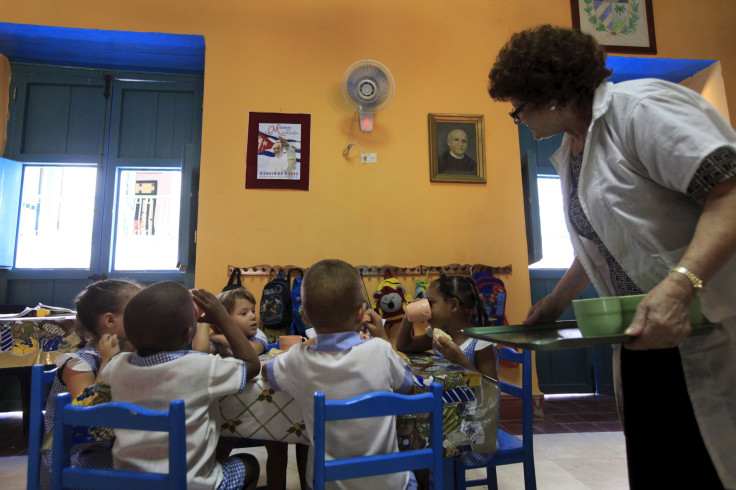Aussies mock anti-radicalisation kit on social media; green groups irked by the link of green activism and terrorism

The federal government has been greeted with derision on social media after it introduced an anti-radicalisation kit that relates green activism and "alternative music" to terrorism.
The Radicalisation Awareness Kit, which is of 32 pages, was launched by Michael Keenan, the Minister Assisting the Prime Minister on Terrorism. Through various fictitious case studies, the booklet tried to explain how and in what ways young minds get radicalised. However, there has been a particular story which has illustrated power of the alternative music scene and environmental activism.
It narrated a story about a young woman named Karen who left home and grew fond of alternative music, joined student politics and left-wing activism. As a result, she ended up going to jail for apparently sabotaging forestry machinery.
Her story came under the section of “violent extremism” in the booklet. Immediately, after the news broke out, people took to the social media to make fun of it, with the hashtag #freekaren reigning Australia-wide.
The booklet drew criticism from all over Australia. Jonathan La Nauze, a member of the Australian Conservation Foundation, argued that the booklet was inciting hatred and was extremely misleading. "It sounds like something that's been dreamt up in the cigar room of the Institute of Public Affairs. There's no resemblance to the way that people in Australia feel about their environment and the need to stand up to protect it,” he added.
Keenan insisted that through the booklet, young minds were to be made aware of the risk involved in radicalism spread by Islamist groups, such as Islamic State. "Of course radicalisation can take different forms but certainly their radicalisation that comes from contact with ISIL (Islamic State) -- who make an enormous effort to groom people, particularly young people to commit violent acts here in Australia -- is of primary concern to the government at the moment," he said .
Maurie Mulheron, the president of the New South Wales Teachers' Federation, has come up against the launch of the kit. He felt that it would generate fear in the community and ill-feelings about others. "I'm very doubtful that the Federal Government has pure motives in this area,” he added.
Mulheron said that the launch of the kit was a waste of time and all the teachers were already aware when students run the risks of getting radicalised. "We as teachers are very good at bringing a diverse group of young people into our schools and turning them into a community so they can take up their roles as citizens within the broader community,” he said, while noting that schools are safe places where various children from different communities come together to learn.
Meanwhile, one of the experts who contributed to case studies, has also tried to distance himself from the radicalisation awareness kit. He reasoned his stance by saying that these kits were not supposed to be introduced in schools and it was imperative for people to learn how to use them and how not to abuse it, reported the Guardian. The booklet has irked green groups for highlighting the example of a forest activist involved in the “alternative music scene.”
Contact the writer at feedback@ibtimes.com.au, or let us know what you think below.





















